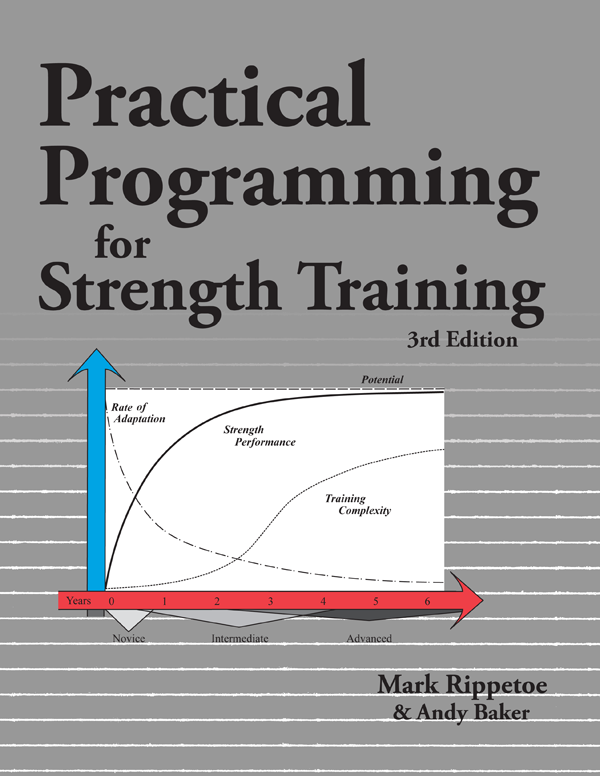I was a nerd. I admit it. I would rather read a novel about wizards and fell beasts than some sort of brilliant and witty commentary on modern society. When swords are crossed, I'm there. Game of Thrones is better than Downton Abbey, no matter how intriguing the whispering and folding of the servants. When I was a kid, I played a game called Dungeons and Dragons, in which players create characters and pretend to be wizards, thieves, clerics, and fighters. I always played a fighter, preferring to bash down doors and confront the enemy. The direct approach was best, I thought. But what does this have to do with barbell training?
Each character had attribute scores that ran from 3 to 18 (the values from three rolls of a 6-sided die). Strength, Intelligence, Wisdom, Constitution, Dexterity, and Charisma each had scores, the higher the better. Take Strength: as a fighter, I needed to be able to hit things hard with axes, swords, and clubs. The higher strength gave you bonuses, making the orcs easier to hit, and making the weapon do substantially more damage. I always wanted a higher strength, and would love it when we found potions or tomes to increase it. Such mighty artifacts were rare. You were generally stuck with the strength you rolled when the character was created.
Nerd confession: I remember Gary Gygax writing somewhere that an 18 Strength meant a military press of 180lbs. When I got to 180lbs on the press, I celebrated having an 18 in D&D strength.
But what if you could improve your strength? What if you could add substantially to your strength and gain all the bonuses to your dice rolls? What if there was an artifact somewhere in the dungeon that could do this, not just once, but for a long period of time? There is: The +9 Barbell of Strength!
I have a number of trainees who have doubled their strength, usually within two months of starting. They may have started with strength 3 or 4 (former marathon runners--elves, probably), but now they are up to D&D Strength 7 or 8, which is a big improvement. Should they encounter orcs, they will be much better prepared. Thus are the effects of the magical Barbell of Strength.
Except that it's not magic. It's also not rare. Barbells are common, not that expensive, and can easily more than double your strength. It only seems like magic.
Get in touch with my guild-hall--er, with Schudt Strength Training, or go to startingstrength.org to find a coach near you, and you too can level up!

Don't you wish you'd leveled up?
